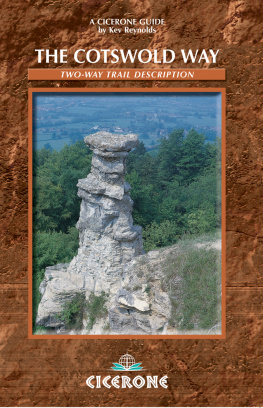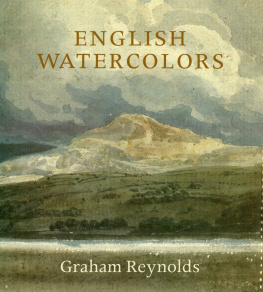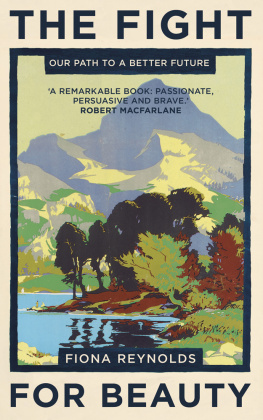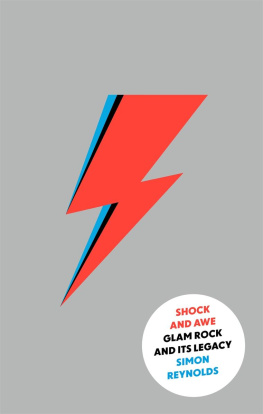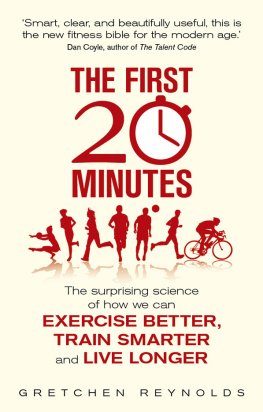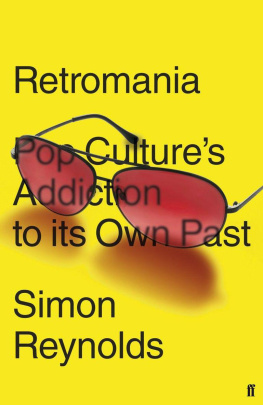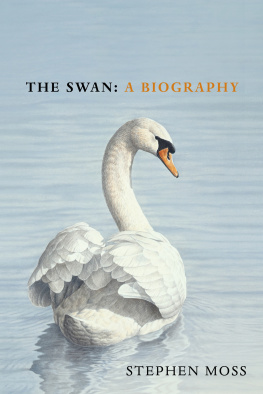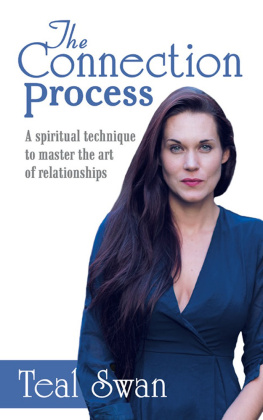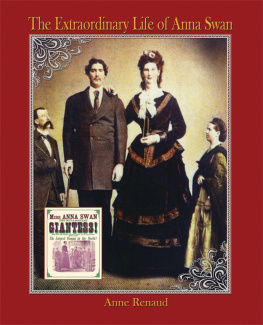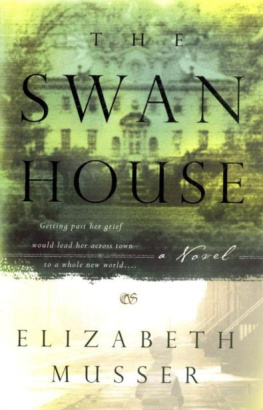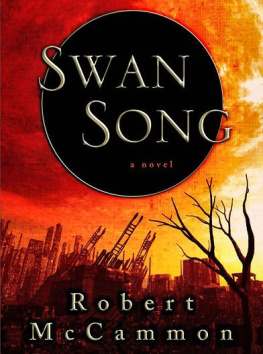SWAN RIVER
Throughout his childhood and youth David Reynolds kept an eye on the past, entranced by family stories from Victorian London the music halls, the romances, the strange disappearance of his grandfather even as he himself came of age in the vibrant 1960s. In Swan River he describes both worlds with great vitality and sympathy, and shows how a childs puzzled interest in his forebears deepens into an adults understanding of human nature.
Swan River was short-listed for the PEN/Ackerley Prize for Autobiography.
* * * * *
David Reynoldss memoir Swan River stood head and shoulders above every other book this year.... a beautiful meditation on the nature of families, on the way that feelings are passed on almost imperceptibly from generation to generation. The material is crafted and shaped with the artistry that we would expect from our best fiction writers. An enthralling story, flawlessly told ... A book for all of us mysterious, consoling and deeply pleasurable to read. JONATHAN COE -- Independent (Books of the Year)
An exquisite work of memory ... in turns funny, sad and moving; its a book that will stay with the reader long after the final page. Swan River is a lovingly crafted story about love, truth and searching, and David Reynolds is a writer of calm, quiet brilliance. JEREMY POOLMAN -- Daily Express
Entertaining and readable ... written with great warmth and shrewdness ... The sense of personal satisfaction, of some kind of closure being achieved, is strongly conveyed. It is a mark of Reynoldss skill that the reader shares it. D.J.TAYLOR -- Times Literary Supplement
A gripping journey that has the all-important ring of truth takes an inexorable hold on the reader ... a remarkable piece of social history and a stunning reconstruction of family life down three generations ... strangely moving and elegiac ... through his clarity and mastery of detail, Reynolds has taken us with him every step of the way. TIM LOTT -- Daily Mail
The unflashy prose and downbeat candour are disarming His familys story matters to him. Stubbornly, against the odds, he makes it matter to us, too. BLAKE MORRISON -- Guardian
Told in an unsensational and deft manner, all the more effective for its lack of stridency, and for its inclusion of quotidian detail ... Out of his bedroom, into the wider world, and back into the past, gently, Reynolds leads the reader on, immersing you in his antecedents world and his own memories until you begin to think they are yours too. Such inclusiveness is surely the mark of a good writer. PHILIP HOARE -- Independent
The story he pieces together is one of ill-fated love in Victorian London and that period is evoked with a striking clarity, as is the 1960s counter-culture scene which Reynolds inhabited while he pursued his familys past ... The prose is sometimes startlingly good ... a moving account of the way every generation hands down pain and joy to the next. DAVID MATTIN Observer
Evocative family memoir, in which the stories of three generations intersect until the mystery is resolved. FANNY BLAKE -- Woman and Home (Book of the Month)
Beautifully written family memoir ... -- Real Magazine
A remarkable portrayal of the love between father and son ... a fabulous, moving book. WILL SELF
A beautiful book ... A loving, wise book. ANNE MICHAELS
Immensely likeable readable, engaging, wholly appealing. -- Toronto Globe and Mail
A profoundly moving story about fathers and sons. -- Vancouver Sun
It is difficult to guess whether Reynoldss memoir has given him the gift of connectedness, or has simply illuminated it, but that sense of being in place is tangible ... GABY NAHER -- Sydney Morning Herald
SWAN RIVER
A FAMILY MEMOIR
DAVID REYNOLDS
First published in hardcover in 2001 in the UK by Picador
an imprint of Pan Macmillan Ltd
First published 2002 in the US and Canada by Greystone
a division of Douglas & McIntyre Ltd
This ebook edition first published in 20
by Old Street Publishing Ltd
8 Hurlingham Business Park, Sulivan Road, London SW6 3DU
All rights reserved
David Reynolds, 2001
The right of David Reynolds to be identified as author of this work has been asserted in accordance with Section 77 of the Copyright, Designs and Patents Act 1988
BARRY LOPEZ: lines from About This Life, first published
in Great Britain by The Harvill Press 1999. c Barry Holstun Lopez 1998.
Reproduced by permission of The Harvill Press.
This ebook is copyright material and must not be copied, reproduced, transferred, distributed, leased, licensed or publicly performed or used in any way except as specifically permitted in writing by the publishers, as allowed under the terms and conditions under which it was purchased or as strictly permitted by applicable copyright law. Any unauthorised distribution or use of this text may be a direct infringement of the authors and publishers rights, and those responsible may be liable in law accordingly
ISBN 978 91040026-5
For Martha, Grace and Rose
He appeared to suggest, however, that there was something debilitating that haunted human society. He implied that the knowledge he conveyed was crucial to survival, that Armageddons loomed for us, always. The threats he saw to civilisation were vague. They had to do with the failure to remember, which explained some of his devotion to the study of history, and the failure to honor.
Barry Lopez, Theft in About This Life
The more a man is, the less he wants.
Maxwell Perkins
(painted across their living-room mantelpiece by his wife)
Authors Note
While the events described in this book are essentially true, they stretch back more than a hundred years and have been recalled not just from my memory but from my fathers and from those of other members of my family. My father died many years ago and cannot be asked for verification, but it is worth noting that he was quite taken by Aristotles view that poetry [by which, in modern terms, Aristotle meant fiction] is something more philosophical and more worthy of serious attention than history. Though I have much respect for history, I am inclined to go along with my father and Aristotle on this - and with Nietzsche: There are no facts, only interpretations.
The names of certain people have been changed to protect their privacy.
Prologue
In northern Manitoba the winter of 1906-07 was hard, but not exceptionally so. The snow began at the end of the second week of November, and within a fortnight lay deep throughout the valley and all around the new buildings and shacks that made up the town of Durban. The homesteaders, who had been in the district for seven or eight years, knew that the freeze-up could be endured, but the newcomers drawn to the booming town by the new railway shivered in the dry, cold air and thought of returning to the east or the south. There were two trains out every week, so for some it would be easy. Others had no choice.
In the middle of a night in early January Tom was woken by the cold. Since winter began, he had slept fully clothed, but the fire had died. He had forgotten to replenish it before retiring; he had been too drunk to think ahead. Wrapping a blanket around him, he forced his stiff limbs a few strides across the floor; then returned to the bed to pull on his boots. He took two mouthfuls of whisky from the bottle, stared at the thermometer which showed 60 degrees below zero, the coldest since his arrival the previous summer, and began to remove the ashes from the stove with a shovel. He quickly built a fire, and walked up and down his tiny board cabin, flapping his arms as he waited for the warming blaze.
He sat down with the bottle and a packet of biscuits; then remembered that he was due to take the sleigh to his workplace on the track at 6 am. He put the whisky down and gained comfort from the biscuits alone. He sipped a little freezing water instead, holding it in his mouth until it was warm enough to swallow. He was close to the kind of desperation that produces total inertia, and had a headache that stretched from the front of his head to the nape of his neck. He was forty-seven years old and had spent most of his life in north London.
Next page

